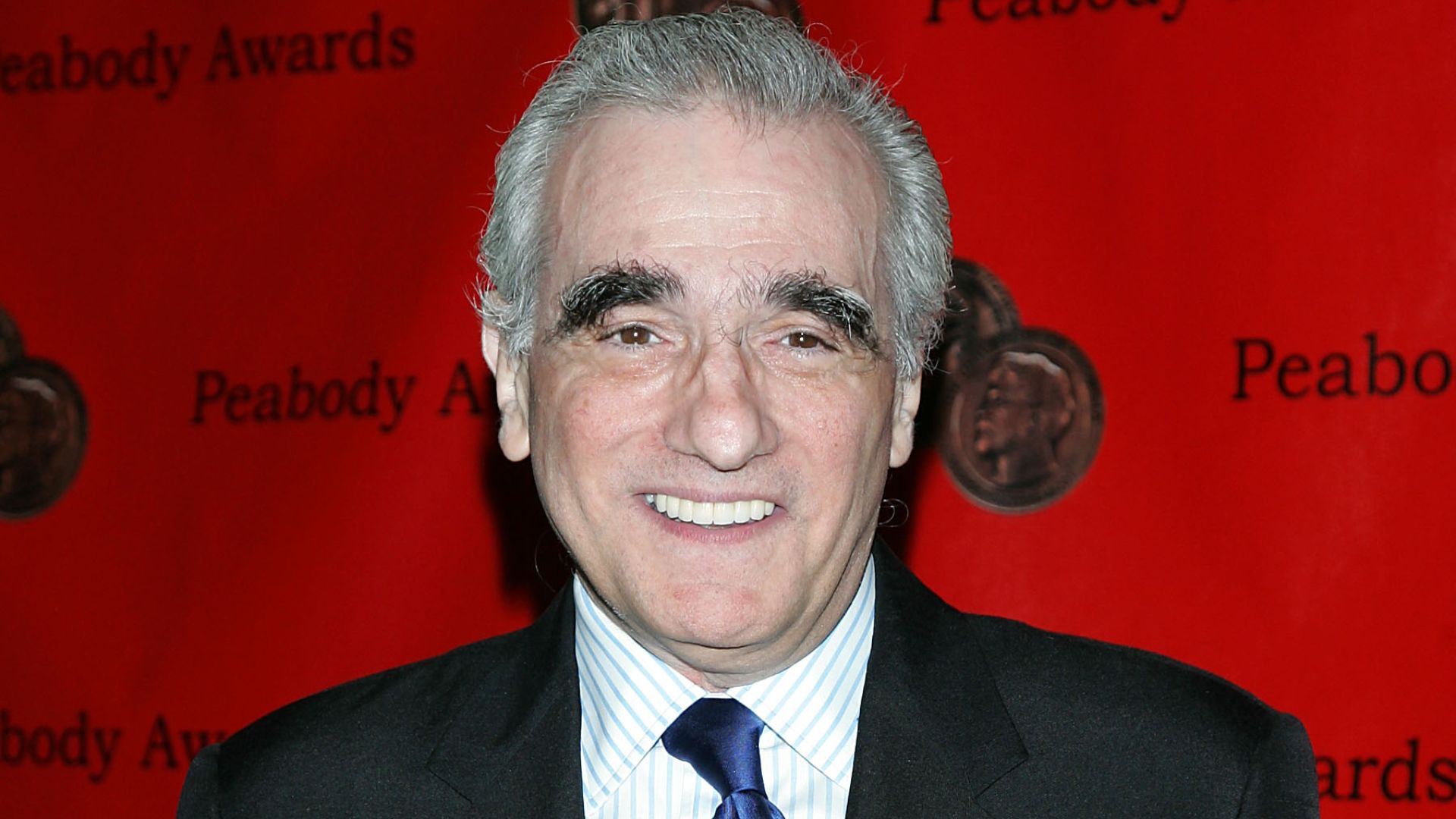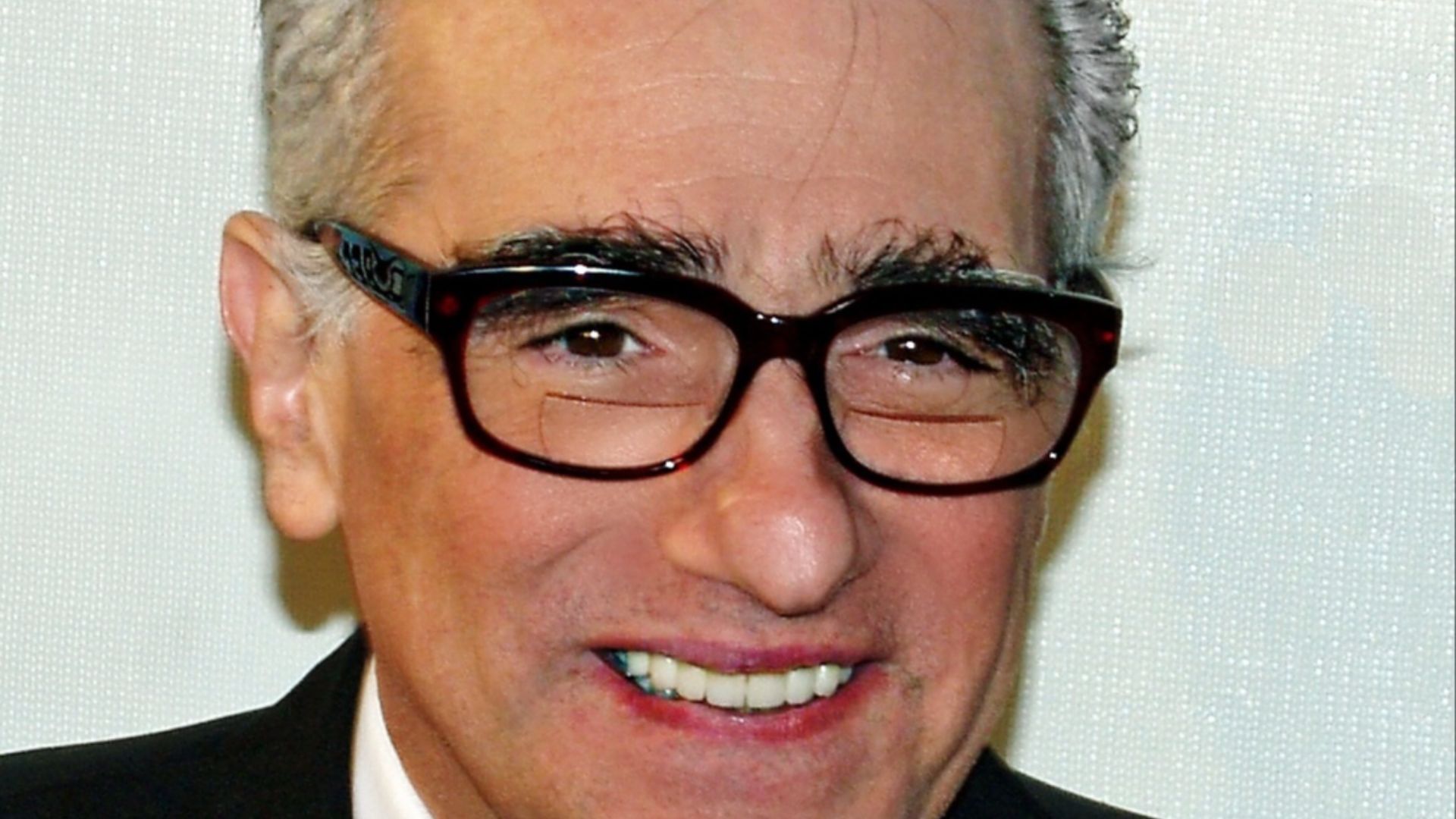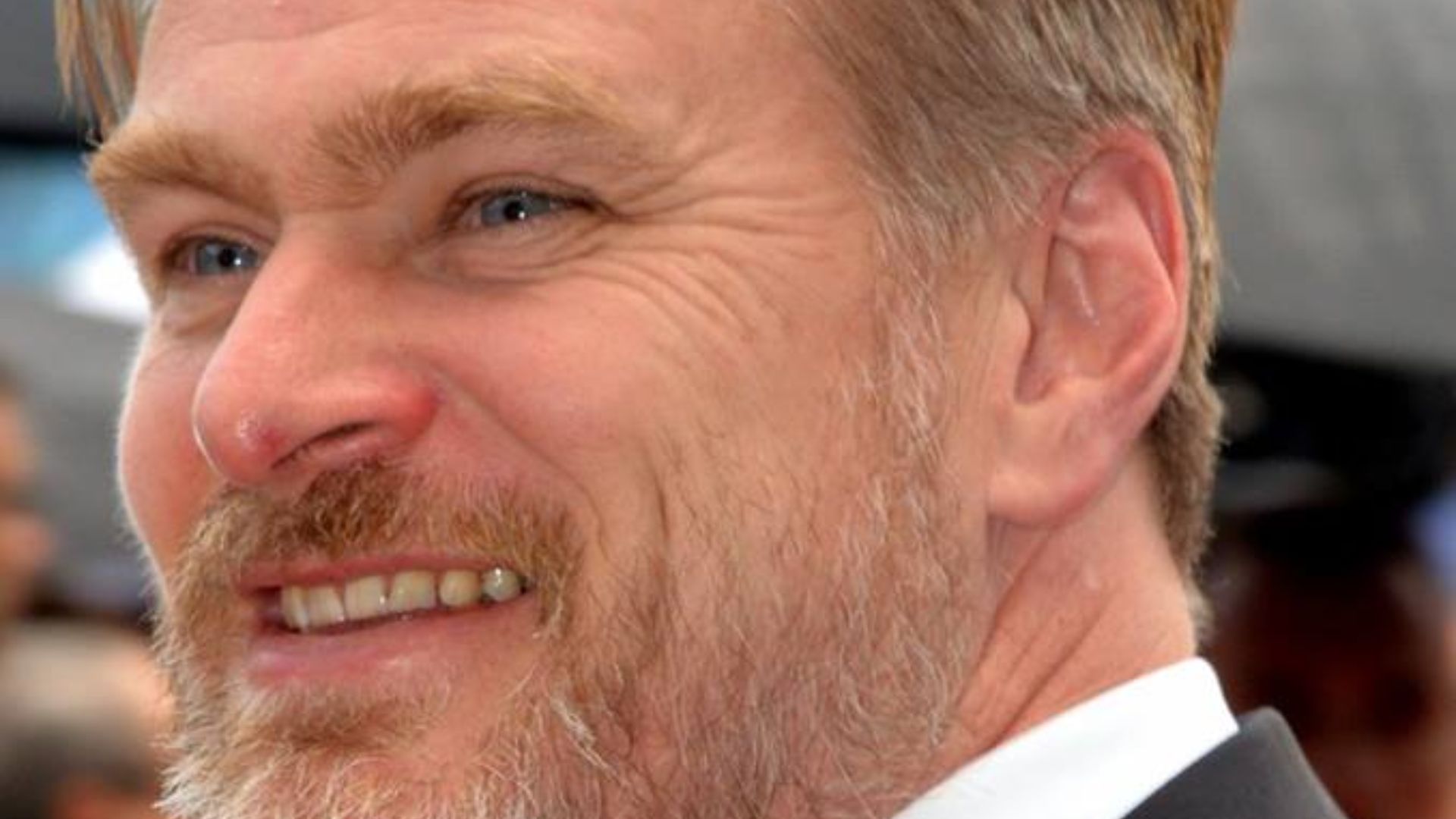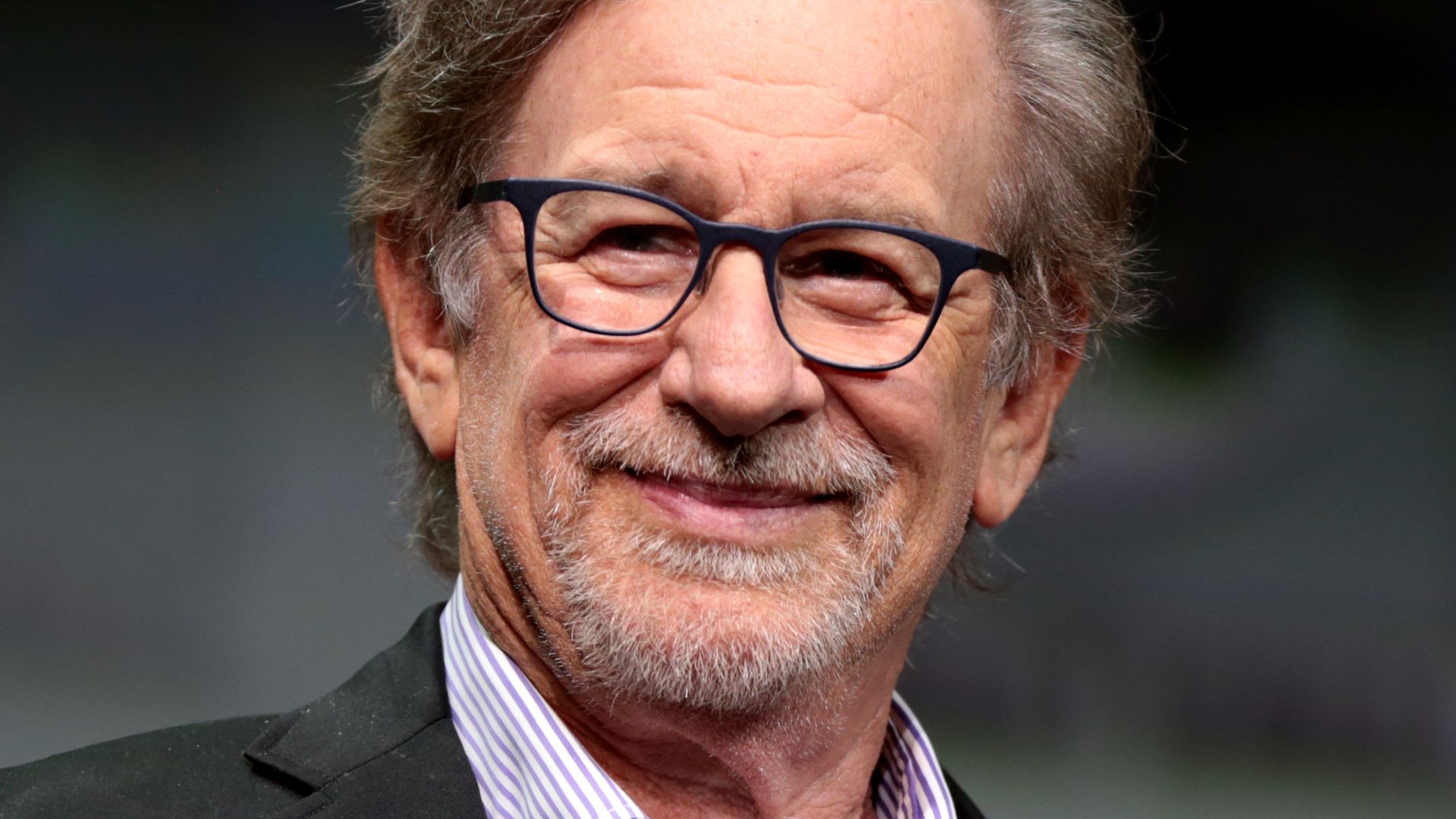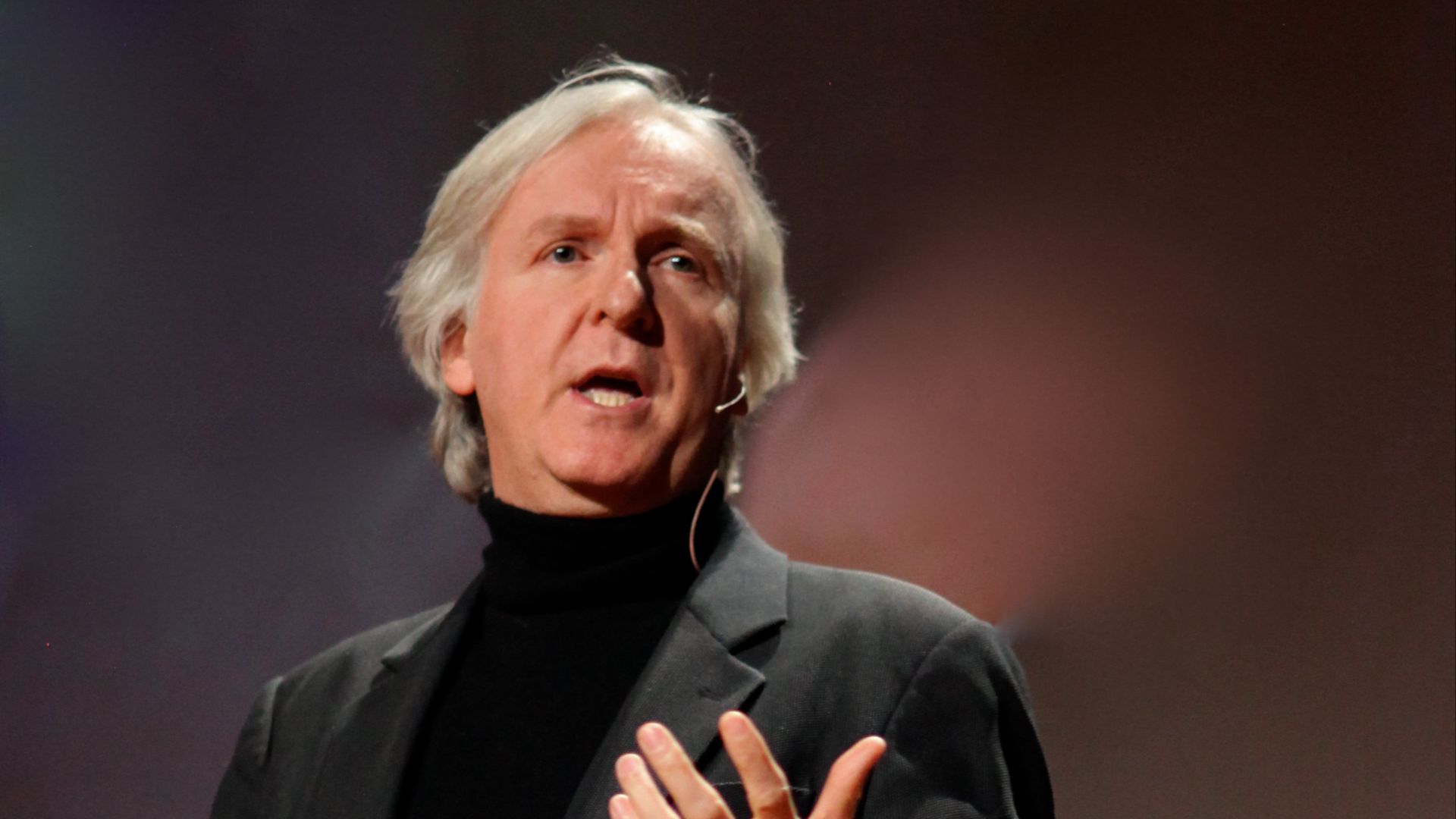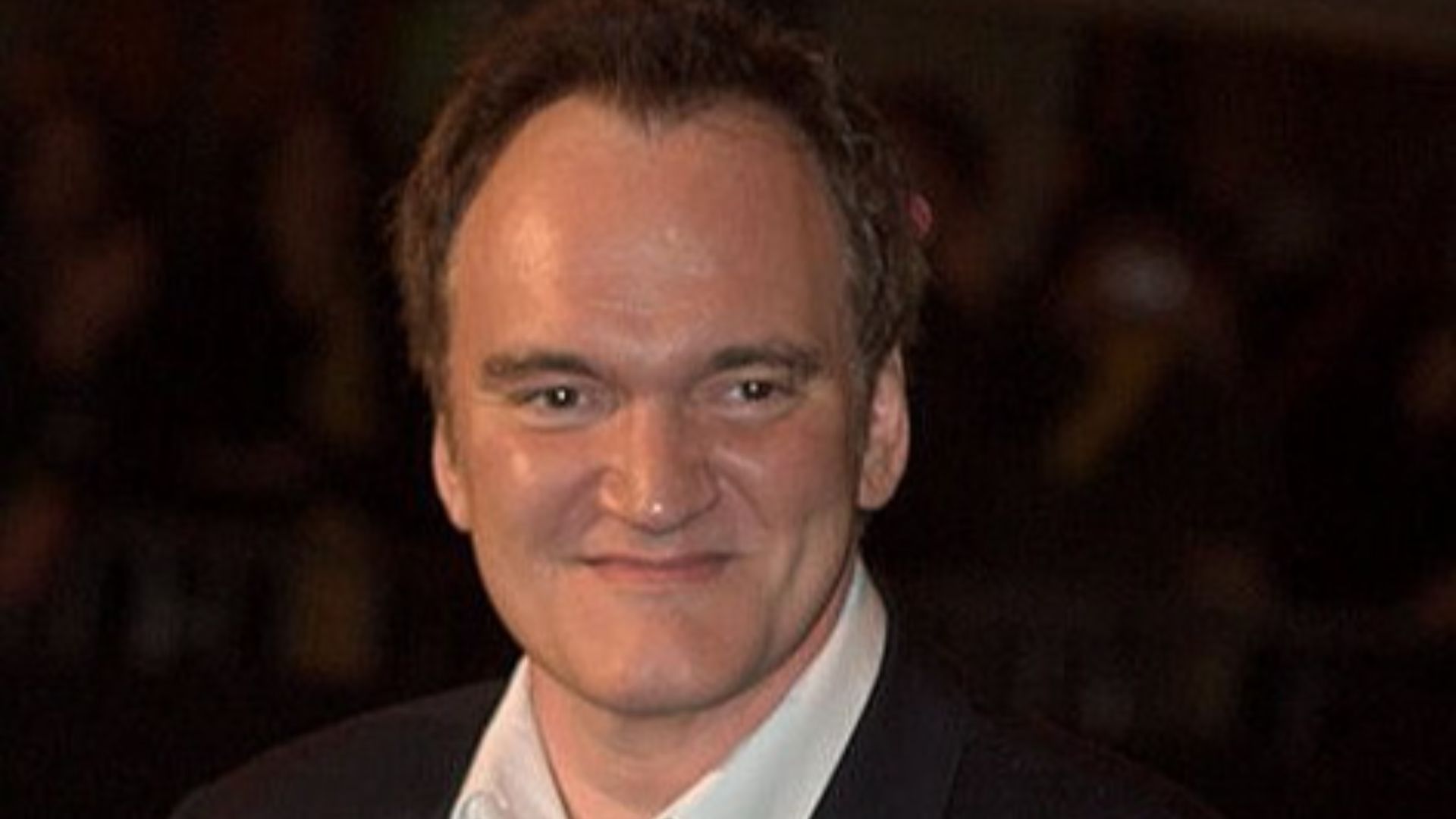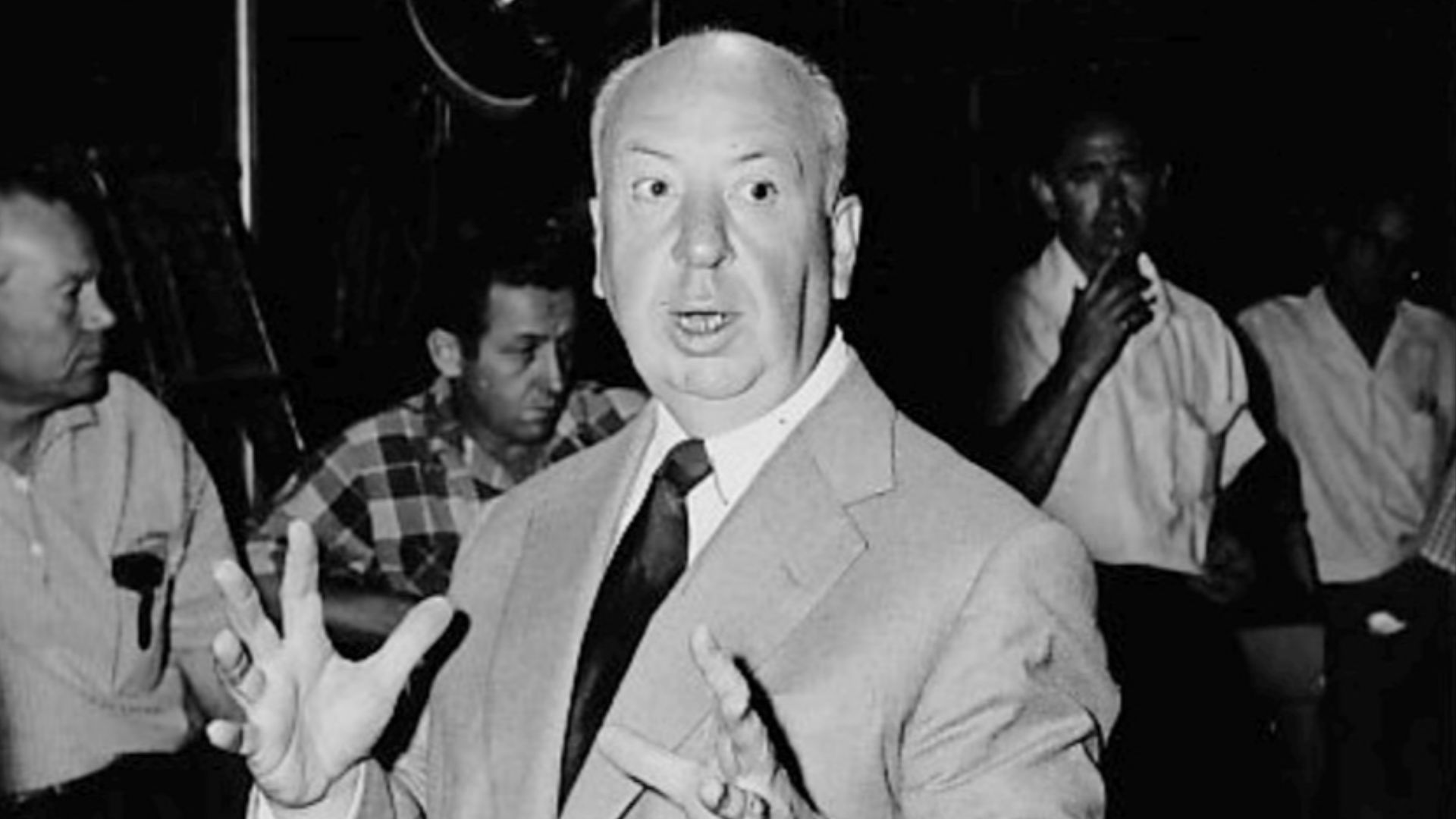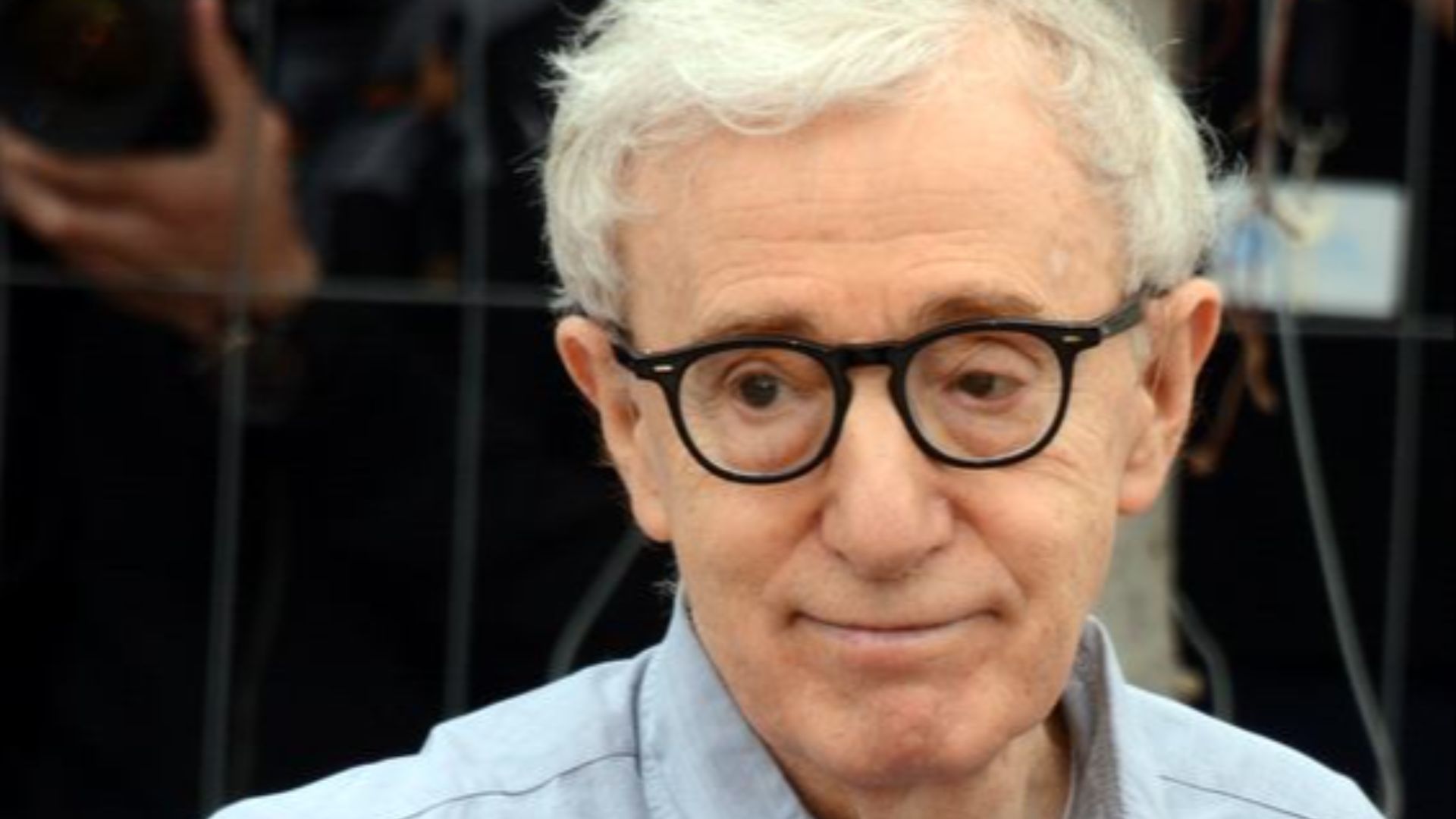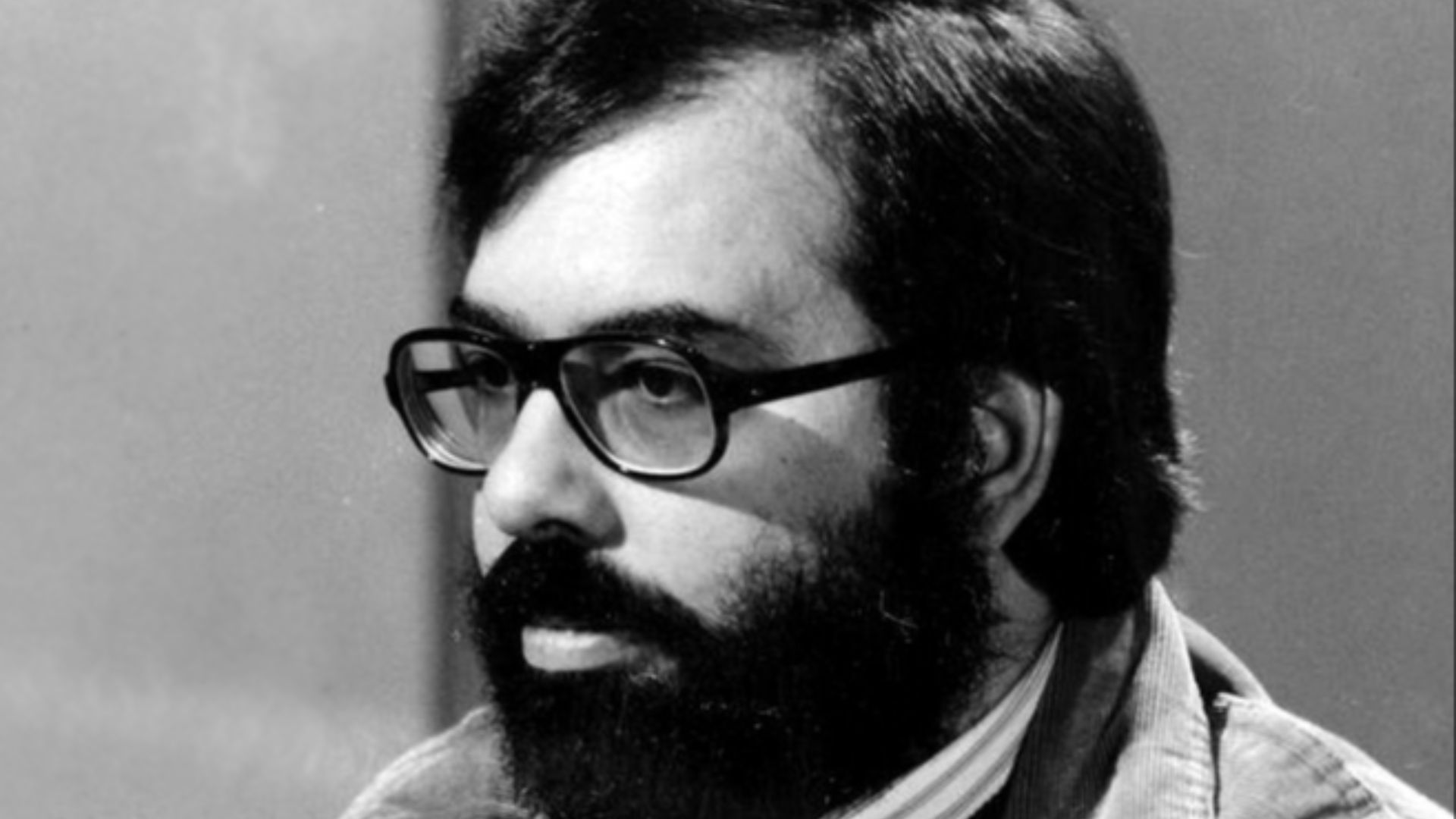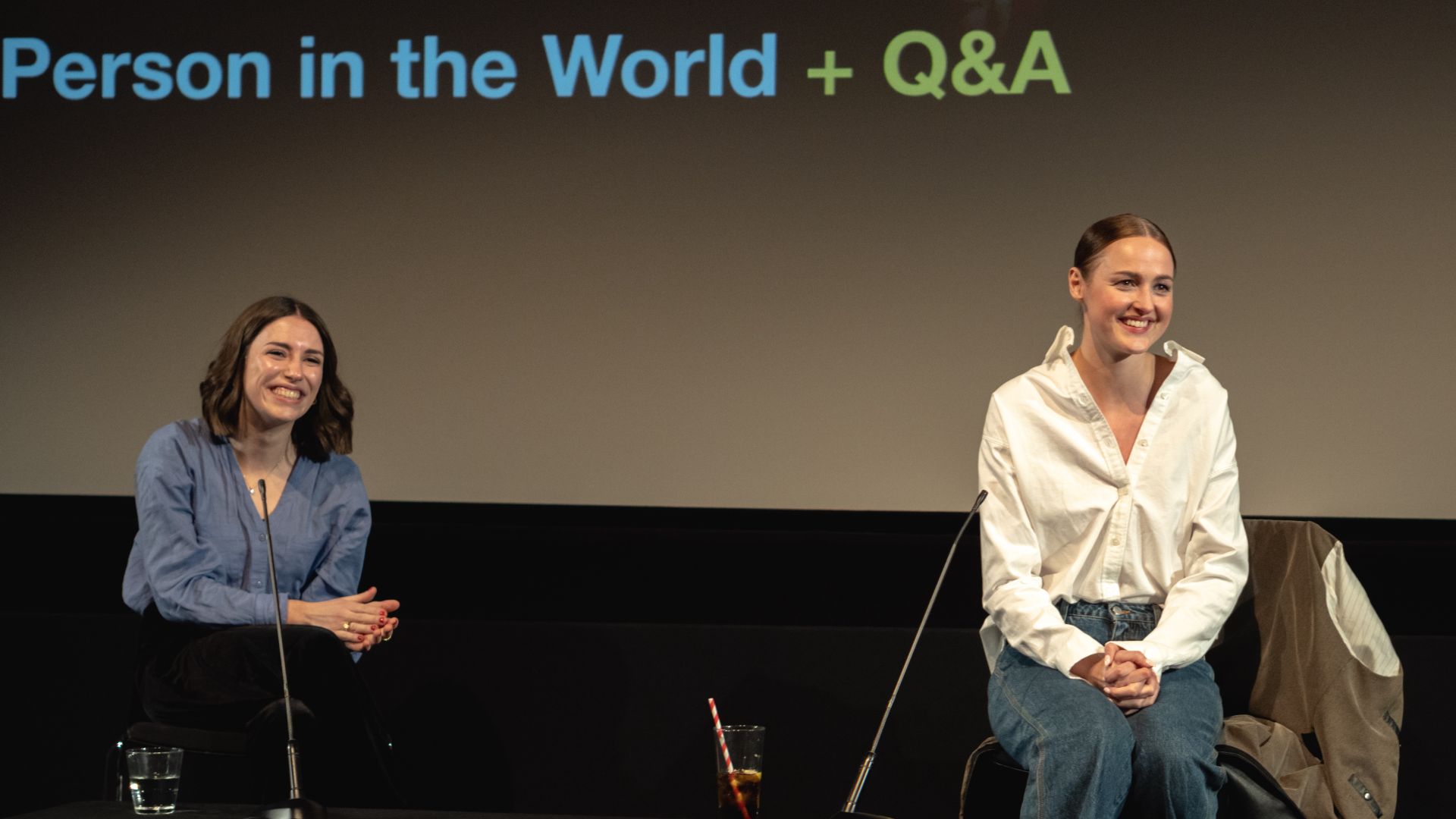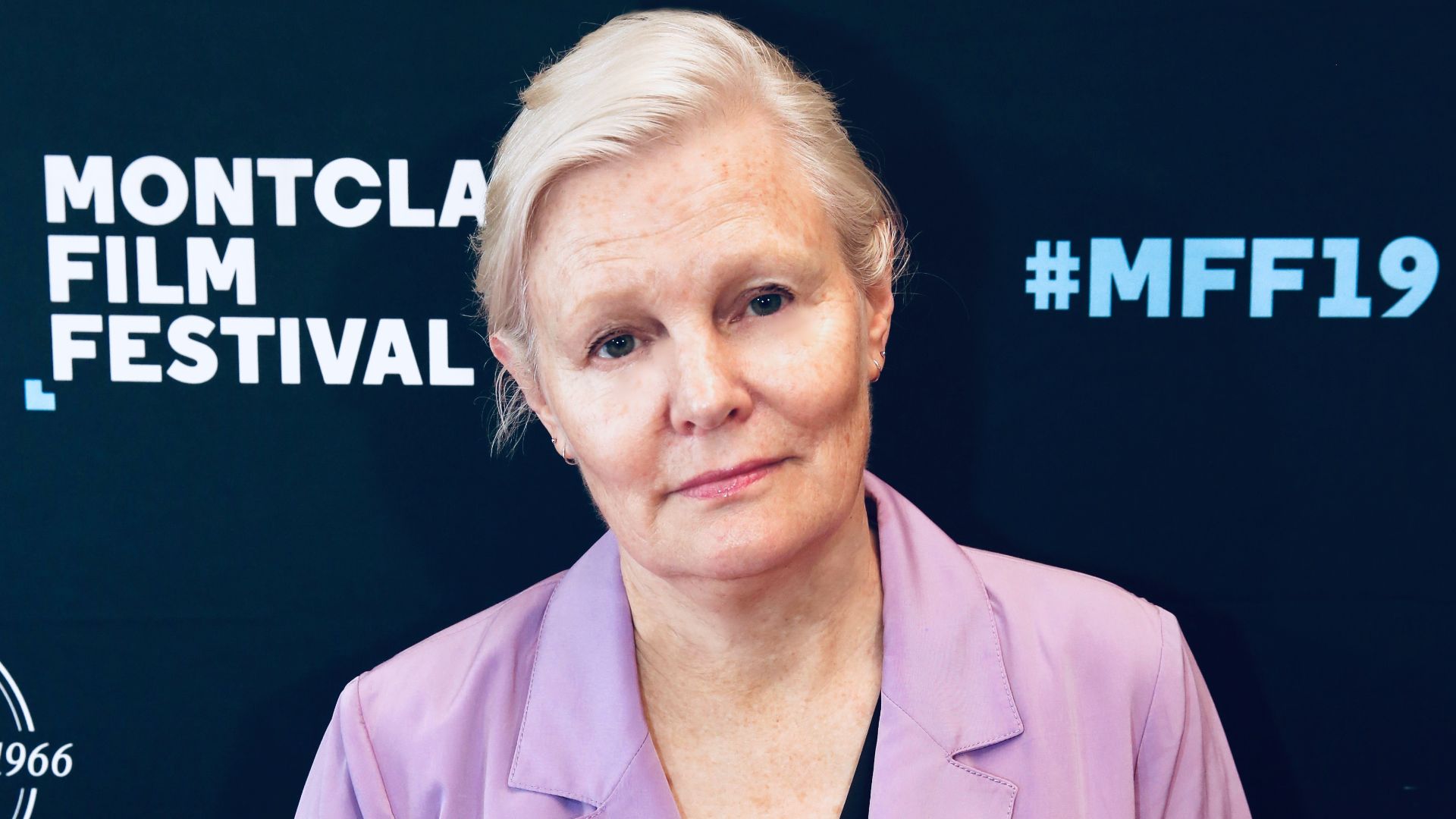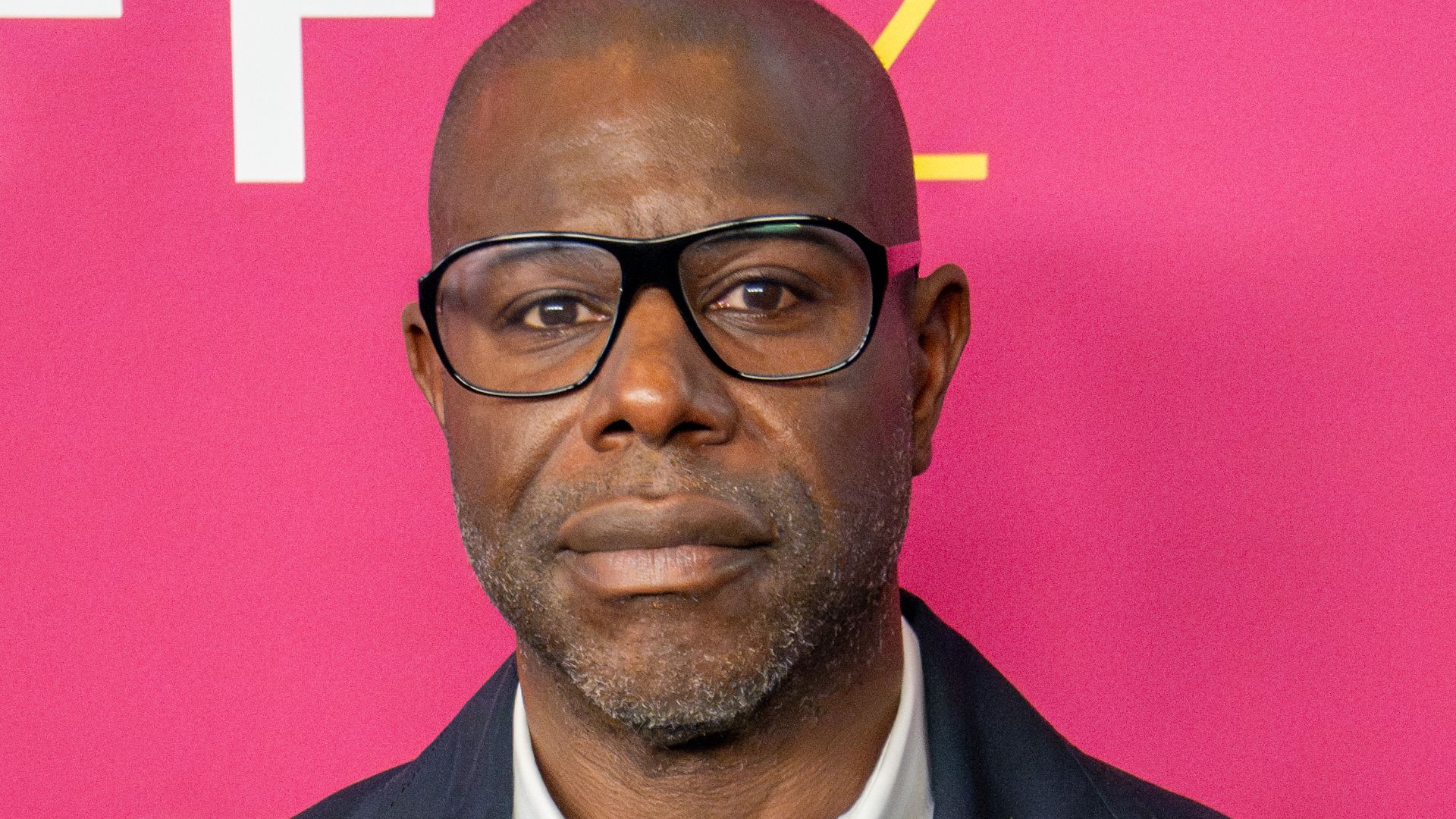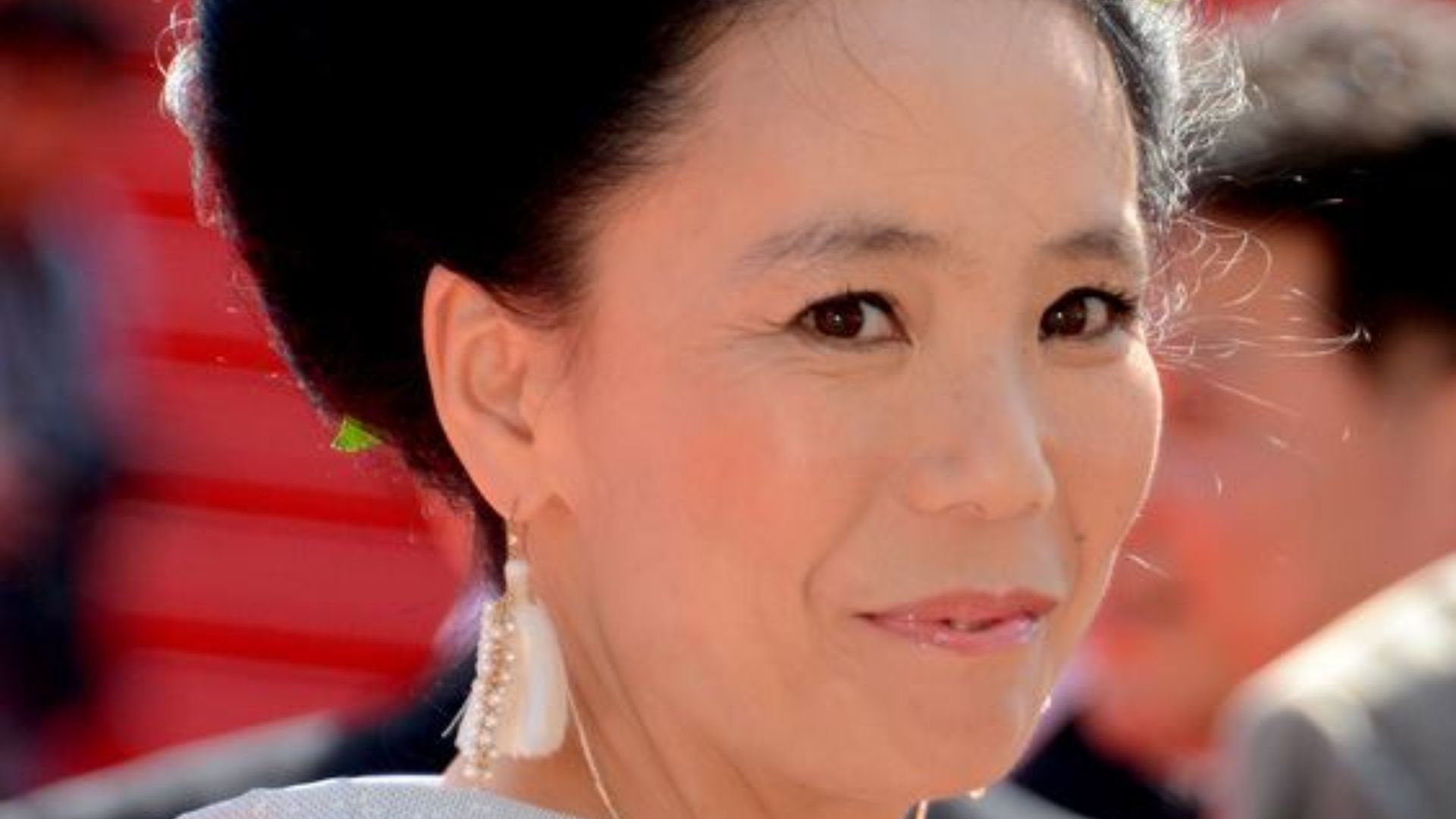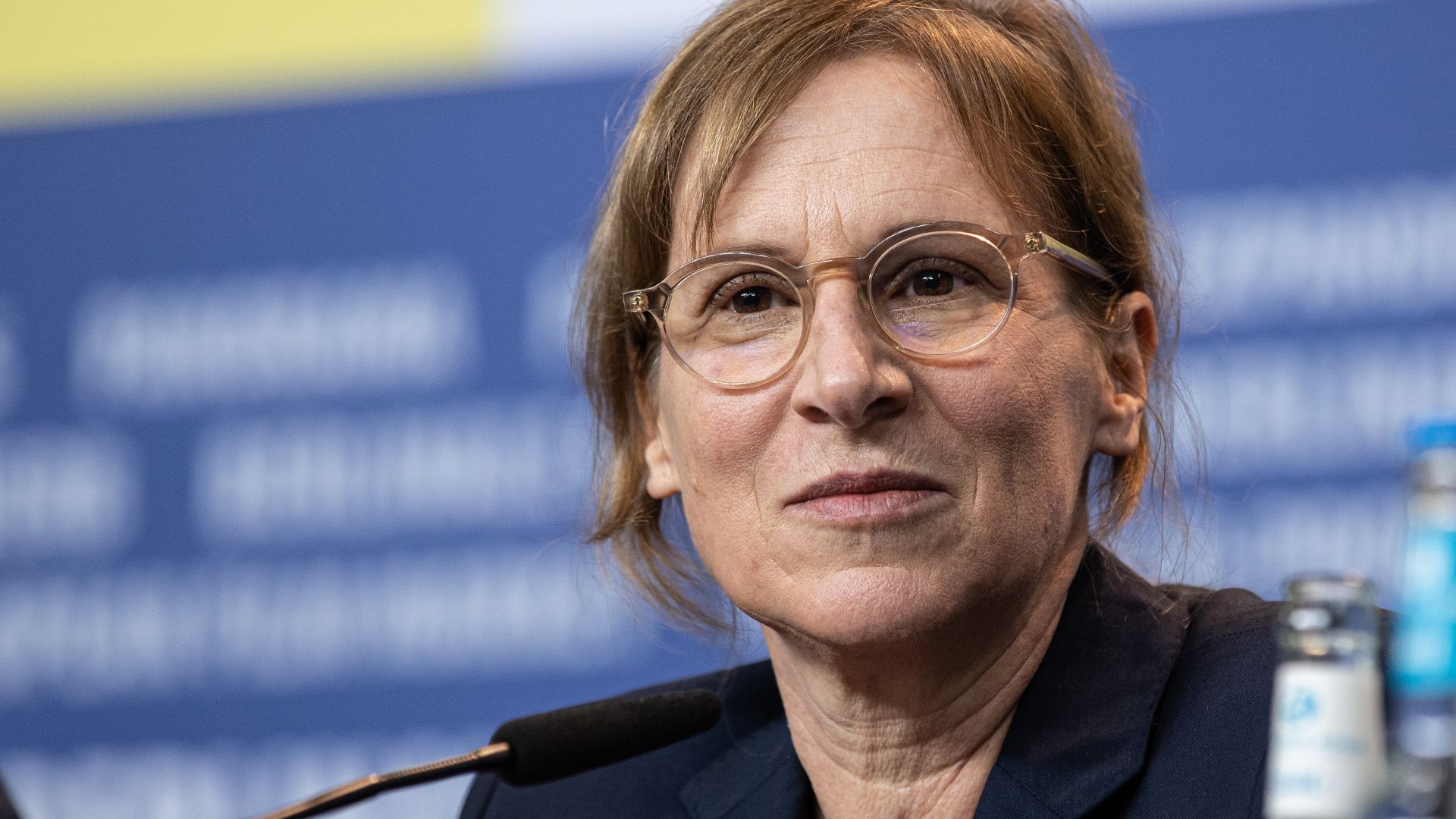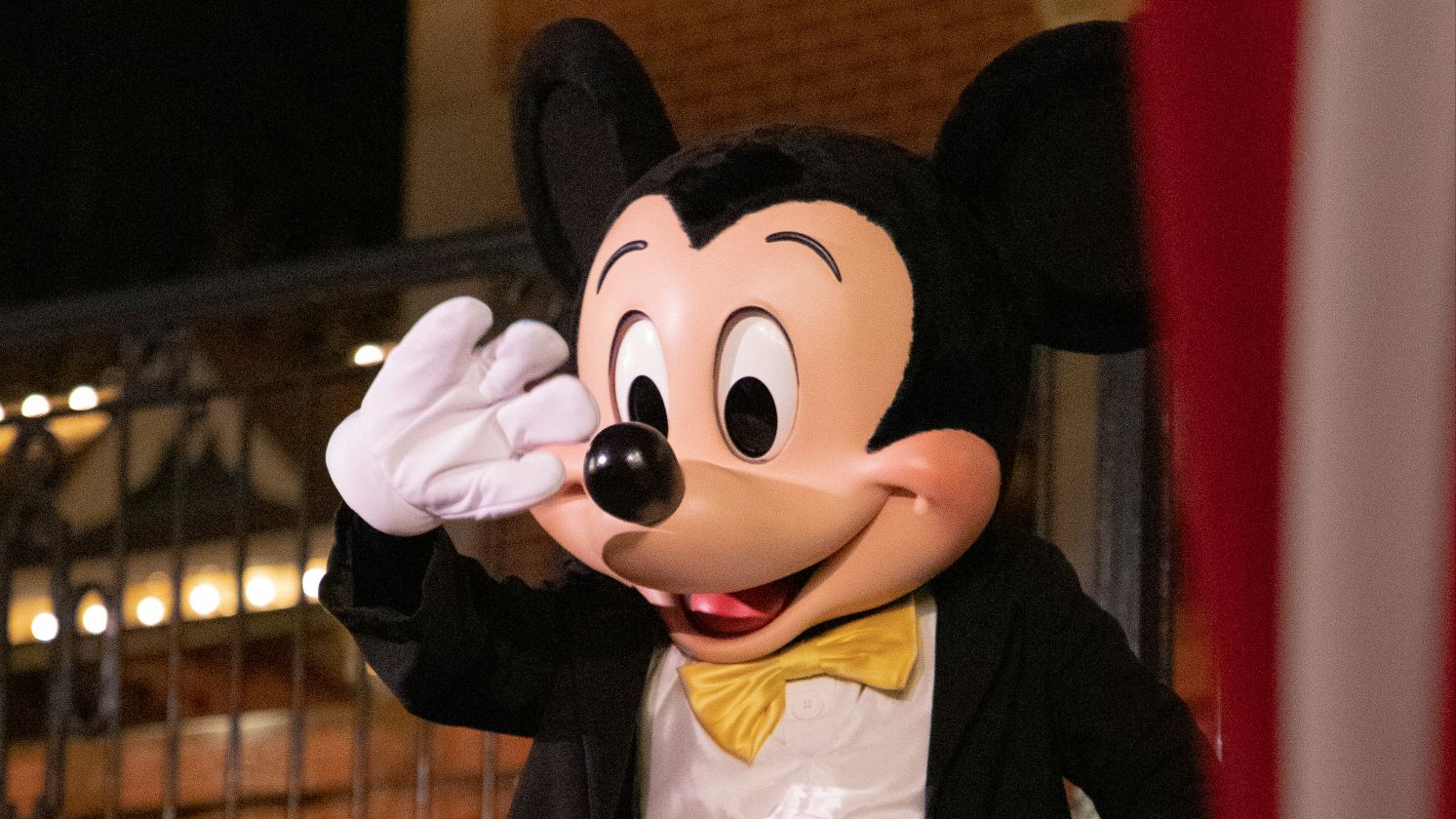The 10 Most Acclaimed Directors & 10 Who Deserve More Recognition
We Celebrate The Giants, But Who Are The Unsung Heroes of Cinema?
From Scorsese to Spielberg, we all know the names etched in cinematic history, and we're not saying they don't deserve their place of glory. However, the directorial talent in the filmmaking world doesn't start and end with the red carpet. There's a plethora of names who, while many have a dedicated cult or critical following, haven't yet garnered the mainstream attention or accolades they deserve. Here are 10 directors whose names are already firmly cemented in filmmaking history and 10 remarkably talented ones who deserve more praise.
1. Martin Scorsese
Martin Scorsese's name has been a fixture at the Academy Awards for decades, his films garnering a total of 20 Oscars. He himself has been nominated for 16 different Academy Awards including a record-setting 10 Best Director nominations. His repertoire features some of the most iconic films ever made, including Taxi Driver, Goodfellas, and The Departed.
2. Christopher Nolan
Christopher Nolan is the kind of director that actors come out of retirement to work with. He's known for his highly acclaimed films with mind-bending narratives and stunning visuals like The Dark Knight, Inception, and Oppenheimer. He's won two Oscars and has been nominated for seven.
3. Steven Spielberg
Steven Spielberg has been nominated for a whopping 23 Academy Awards in various categories, winning two Best Directors and one Best Picture. He's the mind responsible for some of the most beloved American films in cinema including Jaws, Schindler's List, Jurassic Park, and E.T.
4. James Cameron
James Cameron is known for directing several groundbreaking films including Titanic, Avatar, and Alien. He's won three Oscars and was nominated for six more.
5. Stanley Kubrick
Stanley Kubrick is easily one of the most influential directors of all time. He's won one Oscar and was nominated for seven more. His incredibly varied filmography includes 2001: A Space Odyssey, The Shining, A Clockwork Orange, and Spartacus.
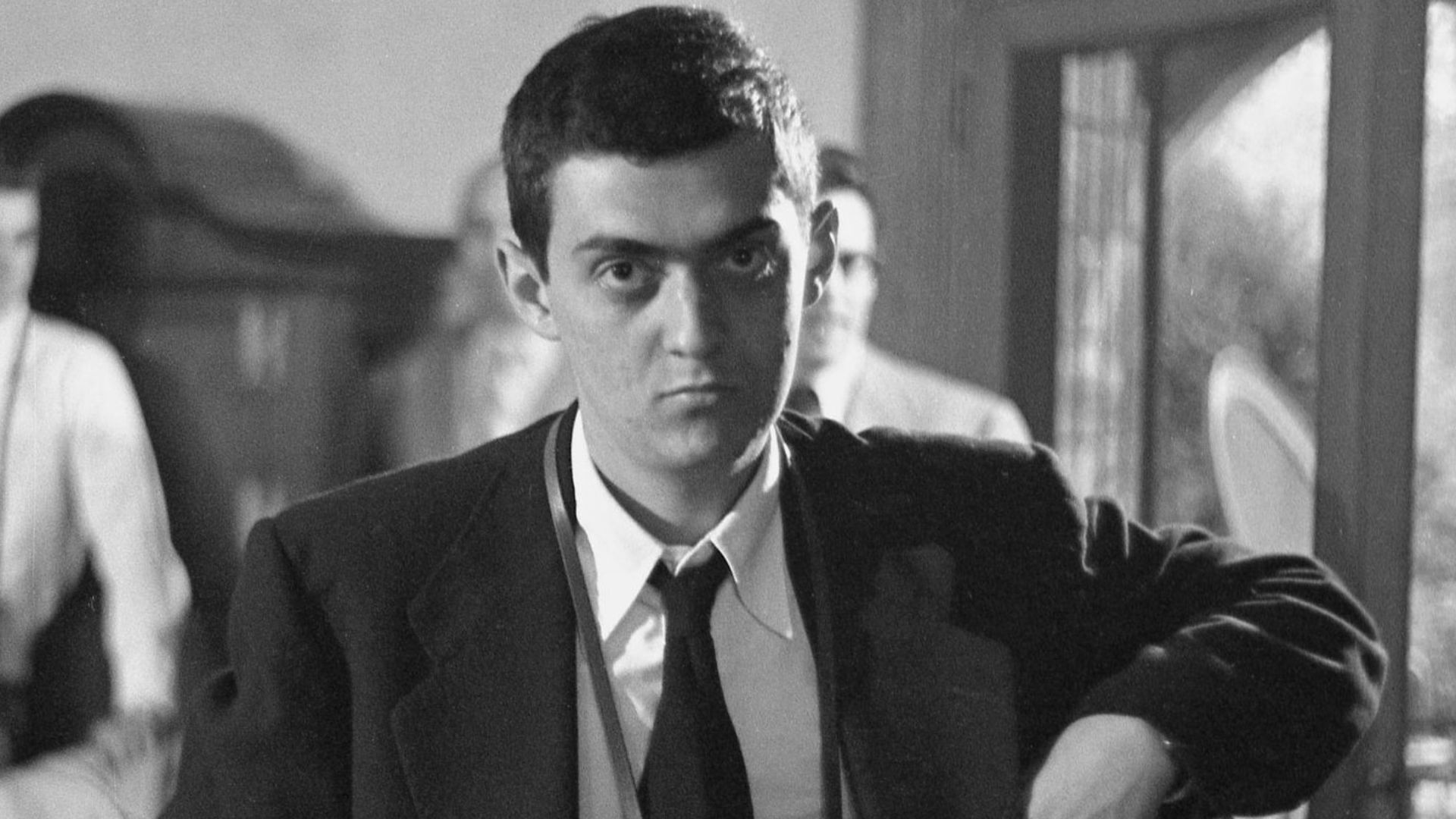 Phillip A. Harrington on Wikimedia
Phillip A. Harrington on Wikimedia
6. Quentin Tarantino
Quentin Tarantino, known for his distinctive, bold, exploitation-style films, has won two Oscars, both times for Best Original Screenplay. His vast repertoire includes such classics as Pulp Fiction, Kill Bill, and Django Unchained.
7. Joel & Ethan Coen
Joen and Ethan Coen, known collectively as the Coen Brothers have won four Academy Awards and have been nominated for an additional nine. Their body of work includes Fargo, No Country For Old Men, and The Big Lebowski.
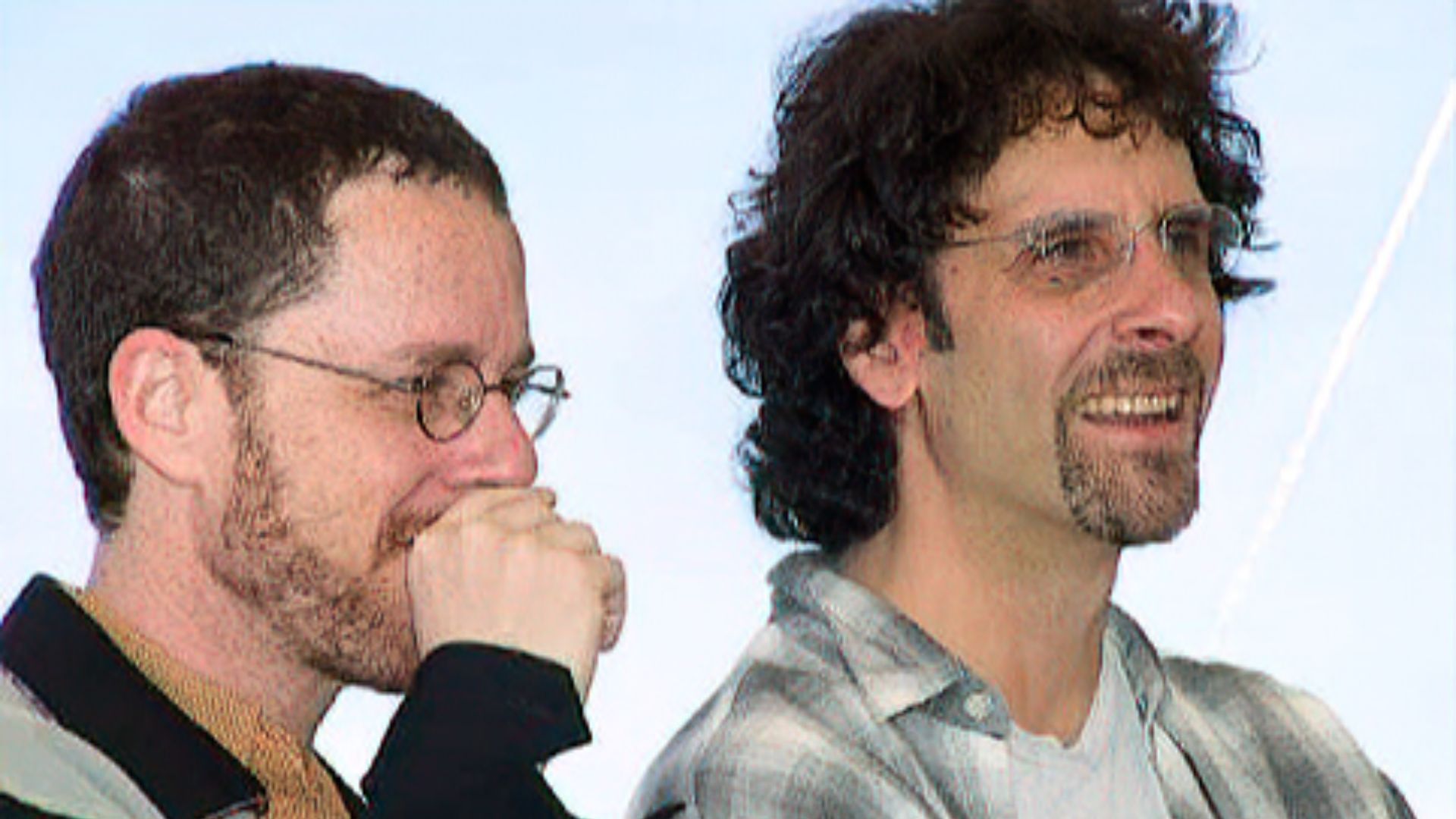 Created by Rita Molnár 2001 on Wikimedia
Created by Rita Molnár 2001 on Wikimedia
8. Alfred Hitchcock
Despite being nominated five times, Alfred Hitchcock never won an Academy Award. Regardless, he is one of the most iconic and influential directors of all time. He was the mastermind behind some of the most legendary films of the Golden Age of Hollywood, including Psycho, Rear Window, and Vertigo.
9. Woody Allen
Woody Allen, known for his quirky, neurotic, and down-to-earth approach to storytelling, has won four Oscars out of the impressive 24 nominations he has received. He holds the record for the most Best Original Screenplay nominations with 16. His filmography includes such beloved movies as Annie Hall, Blue Jasmine, and Midnight in Paris.
10. Francis Ford Coppola
Francis Ford Coppola, best known for his work on The Godfather trilogy, has won four Academy Awards. He's widely considered one of the greatest filmmakers of all time, known for his epic storytelling.
Now that we've gone over the directors that have more than enough accolades already, let's talk about the ones that deserve more praise.
1. Spike Lee
Although he's extremely renowned and has won an Oscar for Best Adapted Screenplay, Spike Lee is on this side of our list for being perhaps the most famously "snubbed" director by the Academy. With a repertoire that includes Do The Right Thing, Malcolm X, and Blackkklansman, this man deserves several more Oscars.
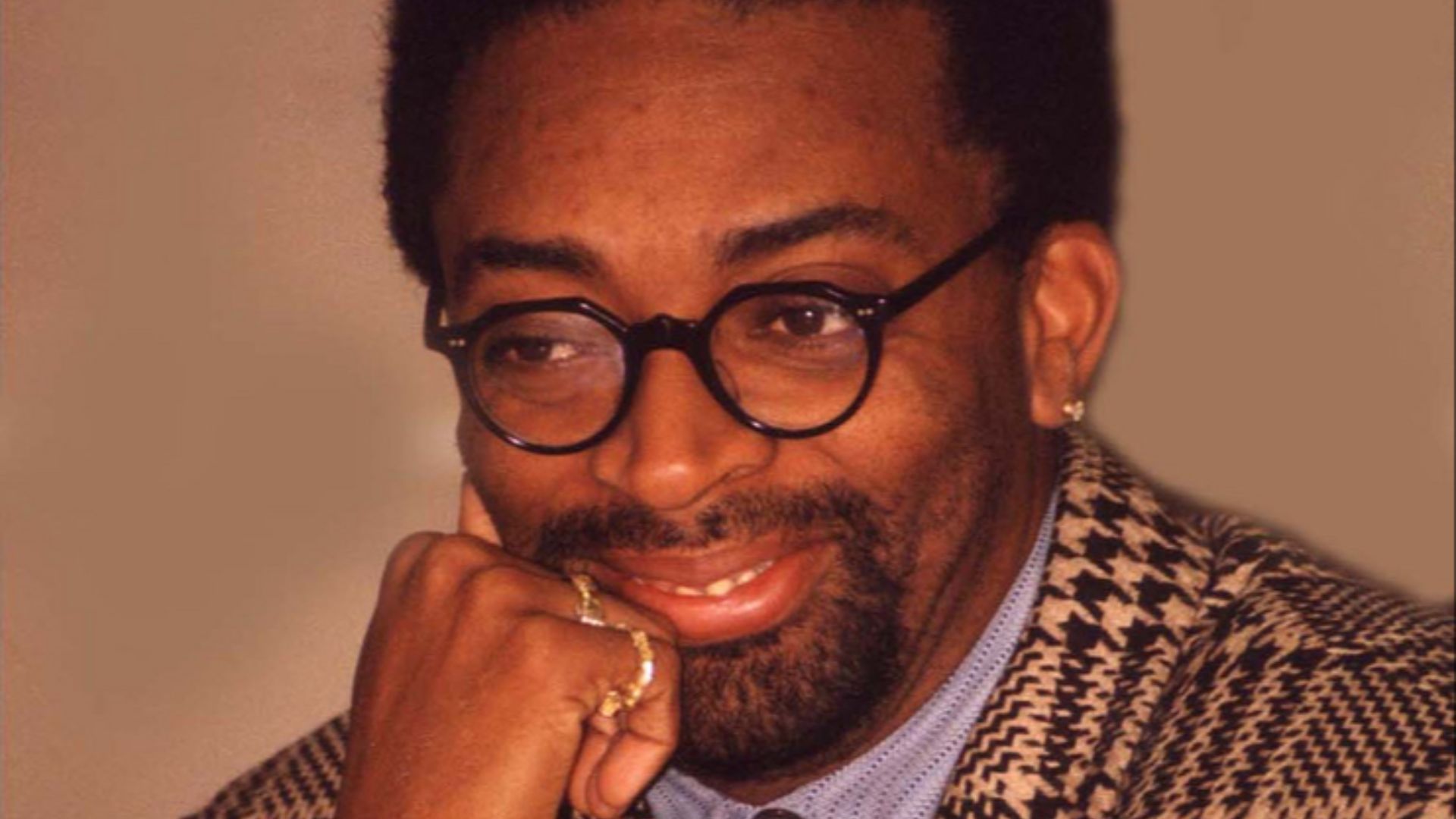 John Mathew Smith on Wikimedia
John Mathew Smith on Wikimedia
2. Joachim Trier
Joachim Trier is a Danish-Norweigian filmmaker renowned for his deep, introspective, and character-driven films. His repertoire includes The Worst Person in the World, for which he won the Best Original Screenplay Oscar, and Oslo, August 31st.
3. Mary Harron
Mary Harron's most famous film is the now cult classic American Psycho. She's known for her visually distinct style, her tendency to dive deep into the psyche of her characters, and her fascination with societal outcasts and controversial figures.
4. Greta Gerwig
Greta Gerwig was famously snubbed at last year's Academy Awards when she didn't receive a Best Director nomination for the biggest film of the year, Barbie. She's been nominated for four Oscars but has never won. Her repertoire includes such beloved "slice of life" style films as Ladybird and Little Women.
5. Steve McQueen
Known for his unflinching portrayal of difficult subjects like slavery, racism, and addiction, Steve McQueen's repertoire includes 12 Years a Slave, Hunger, and Shame. His visual style is characterized by muted colors and carefully composed shots, influenced by his background as a visual artist.
6. Sofia Coppola
Sofia hasn't received quite as many accolades as her father, Francis Ford Coppola, and not as many as her work deserves. She was the first American woman to be nominated for Best Director at the Academy Awards, but she has never won in that category. Her filmography includes such masterpieces as Lost in Translation, The Virgin Suicides, and The Bling Ring.
7. John Sayles
John Sayles is one of the leading names in indie filmmaking. While he has never won an Academy Award, he's a highly respected and influential figure whose work has earned him awards and nominations at Cannes, Sundance, and San Sebastián. His repertoire includes such acclaimed films as Passion Fish, Lone Star, and Amigo.
 Festival Internacional de Cine en Guadalajara on Wikimedia
Festival Internacional de Cine en Guadalajara on Wikimedia
8. Céline Sciamma
Céline Sciamma is a highly regarded French director known for her film Portrait of a Lady on Fire, for which she won Best Original Screenplay at the Academy Awards. Her style is characterized by her gorgeous, painting-like shots, subtle but deep emotional weight, and strong female characters.
9. Naomi Kawase
Naomi Kawase is a renowned Japanese director known for her deeply personal films that explore themes of family, memory, and connection to nature. Her style has been described as documentary realism in that she tends to blur the lines between fiction and documentary. True Mothers, Sweet Bean, and Still the Water are just some of her films.
10. Kelly Reichardt
Kelly Reichardt is an American independent filmmaker best known for her titles Showing Up, First Cow, and Night Moves. Her style is characterized by minimalism, a focus on landscape and setting, and she often centers around marginalized characters.


